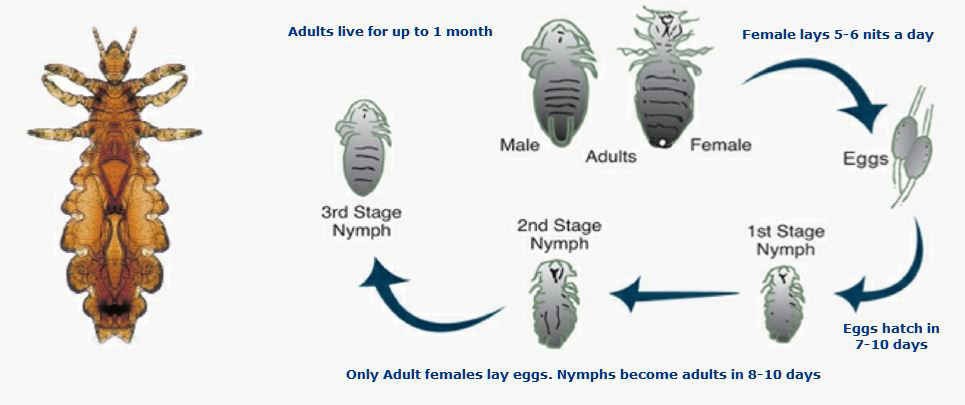Health & Sickness
Important
It is really important for you to tell us if your child has a long term medical condition even if you think it will not affect his or her schooling. All information is kept Strictly Confidential.
Staff are not allowed to administer paracetamol/ibuprofen unless prescribed by the doctor, with the prescription label.
Medicines
If a child has a medical condition which requires regular care/medication, a Care Plan will be drawn up by the School Health Advisor in conjunction with parents and our first-aid team. Medication will be kept securely locked away and administered as detailed in the care plan.
DO NOT, UNDER ANY CIRCUMSTANCES, LEAVE MEDICINES OR TABLETS WITH YOUR CHILD OR IN CLASSROOMS.
We can only administer medicines if:
- they have a pharmacy label with the correct name and dosage on them.
- they are prescribed medicines, such as antibiotics, and they need to be taken 4 times a day.
Children must never be given any creams, tablets or medicine to keep in their bag.
If your child requires medicine during the school day that you require staff to administer you must please complete a form at the office and collect the medicine at the end of the day.
If you prefer you can come to the main office and administer the medicine yourself.
Sickness & Diarrhoea
Please remember that this spreads very quickly through children and adults.
If your child vomits or has diarrhoea they should NOT attend school for at least 48 hours.
Plasters & Bumps
Please let us know if your child is allergic to plasters.
If your child has a bump in school we try to let you know if we think it is necessary or if your child is upset.
We always notify you of minor bumps on the head with a green letter which your child’s teacher will pass on.
Epipens
(for severe allergies)
Children who are prescribed an Epipen for allergies must carry it at all times in a bum-bag.
Please make sure it has not passed its “use by date”.
Inhalers in School
A form must be completed at the office if your child has an inhaler in school.
Key Stage 1 children - Keep their inhalers in the classroom.
Key Stage 2 children - Should be responsible for their own inhalers.
If your child has asthma he/she must always have a blue inhaler (or their reliever inhaler) in school.
Important
It is really important for you to tell us if your child has a long term medical condition even if you think it will not affect his or her schooling. All information is kept Strictly Confidential.
Head Lice in our classes
First of all let us make it clear that there is nothing shameful or dirty if you find head lice or nits (eggs).
So what is a head louse? (Plural head lice)
It is a louse that infests the scalp and hair of the human head and is especially common among schoolchildren. Head lice are wingless insects spending their entire life on the human scalp and feeding exclusively on human blood.

What do you need to do - if you find nits or head lice?
- Check everyone in the family
- Put lots of conditioner on the hair
- Rinse hair with clear water
- Repeat every 3 days for 3 weeks
- Get into the habit of conditioning and combing regularly
Finally Please do not use lotions to prevent head lice as these can be harmful.
Regular use of conditioner works.
School Nurse
Mrs V. Chambers is our school nurse.
Appointments for the nurse need to be made through the Pastoral team.
She is happy to discuss any health issues you may have regarding your child.
Contact Us
Telephone: 01384 816825.
Teacher in Charge of Health: Mrs Phipps



